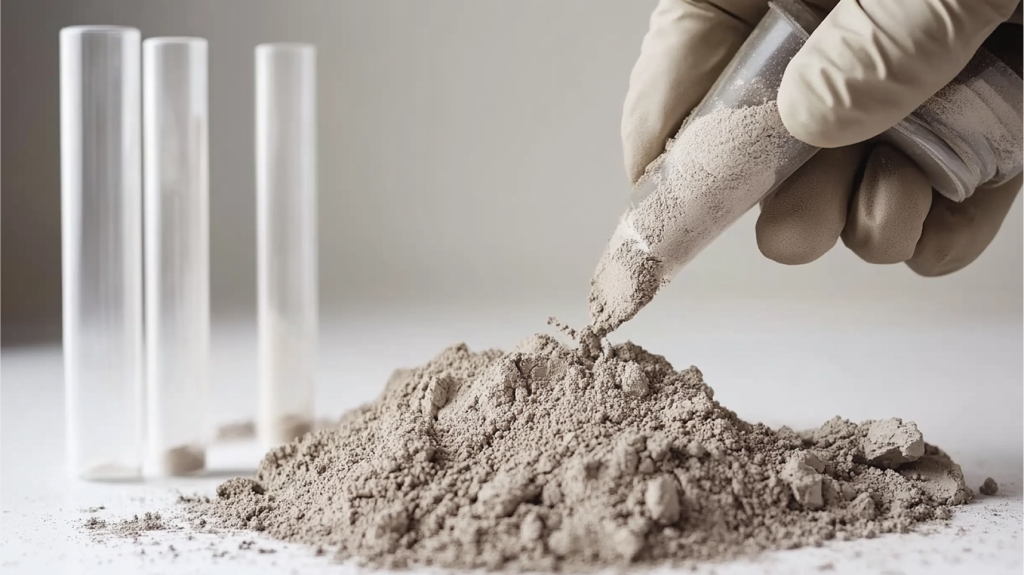1. Physical Separation
Industrial minerals always have to meet certain quality standards so they can be used in various industries. For that, the minerals are processed in a way to ensure their purity. But how does a raw mineral go through that process?
And what are the different types of processing a mineral undergoes?
Let’s find out how these minerals are processed to meet the highest industrial standards.
The first step in refining minerals is physical separation, where impurities like rocks, clay, and organic matter are removed.
This includes:
Screening & Sieving – Minerals are passed through different mesh sizes to separate large particles and unwanted debris.
Gravity Separation – Heavier minerals settle while lighter impurities are removed.
Magnetic Separation – Used for minerals with magnetic properties like iron, separating unwanted metallic impurities.
2. Washing & Hydrocycloning
Water-based methods help remove soluble and fine impurities.
Washing – High-pressure water jets break down mineral clumps and remove unwanted residues.
Hydrocycloning – A cyclone effect separates impurities based on density, ensuring fine minerals remain intact.
3. Chemical Purification
Acid Leaching – Removes iron, carbonates, and other elements from silica and kaolin.
Certain minerals undergo chemical treatments to remove stubborn impurities.
Flotation – Chemicals help separate minerals by altering surface properties, allowing pure minerals to rise while impurities sink.
4. Calcination & Heat Treatment
High-temperature treatments refine minerals by burning off volatile compounds and strengthening their structure.
Calcination – Used for kaolin and refractory clay, where heating removes moisture and enhances whiteness.
Roasting – Used in some minerals to oxidise and eliminate contaminants.
5. Advanced Quality Testing
Purified minerals undergo rigorous testing to ensure they meet industry standards.
Particle Size Analysis – Determines the fineness and consistency of minerals.
Spectroscopy & Chemical Analysis – Measures purity levels and chemical composition.
Moisture Control – Ensures minerals maintain stability during storage and transport.
Puresil use these processes to meet the highest standards and provide the industries with the finest minerals. With regular quality checks and precision refinement, we ensure every batch makes the purest minerals for further use.


